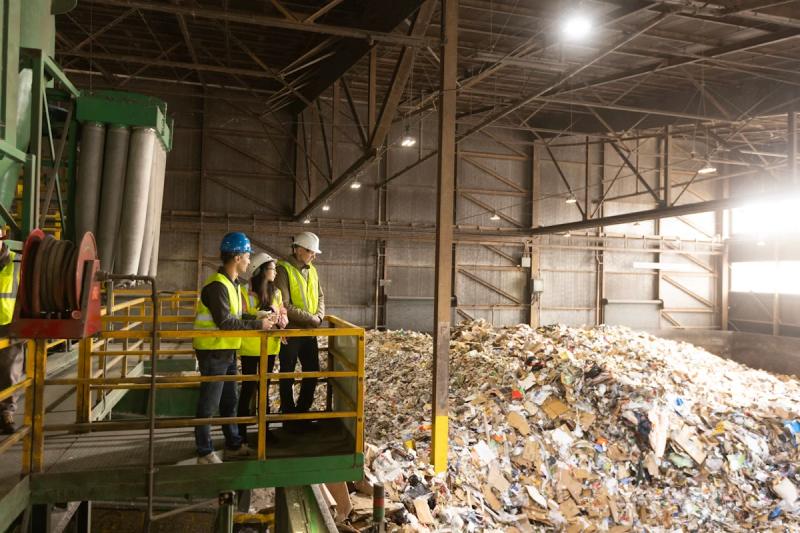Technology
How Robotics and AI are Revolutionizing Recycling Through Amazon’s Most Recent Climate Pledge Fund Investment

Technology
Microsoft Expands Copilot Voice and Think Deeper
Technology
Google Launches Free AI Coding Tool for Individual Developers
Technology
Elon Musk Unveils Grok-3: A Game-Changing AI Chatbot to Rival ChatGPT
-

 Entertainment3 weeks ago
Entertainment3 weeks agoJane Austen Wrecked My Life Hits Theaters May 2025
-

 Entertainment2 weeks ago
Entertainment2 weeks agoViola Davis Shines as U.S. President in Amazon Thriller ‘G20’
-

 Entertainment2 weeks ago
Entertainment2 weeks agoBlotto Documentary Set to Premiere at Cohoes Music Hall
-

 Entertainment3 weeks ago
Entertainment3 weeks agoRobert Pattinson Could Join Star-Studded Cast of Dune 3
-

 Entertainment3 weeks ago
Entertainment3 weeks agoChristopher Nolan’s The Odyssey Set for 2026 IMAX Release
-

 Entertainment3 weeks ago
Entertainment3 weeks agoPredator: Killer of Killers Unleashed June 2025
-

 Entertainment3 weeks ago
Entertainment3 weeks agoAmazon Hints at New James Bond Era, Promises to Honor Legacy
-

 Entertainment2 weeks ago
Entertainment2 weeks agoHBO Confirms Hogwarts Staff Casting in Harry Potter TV Series













